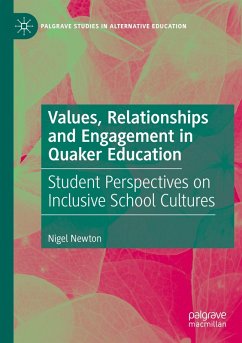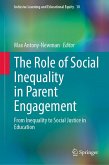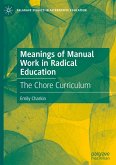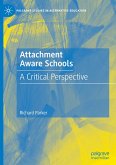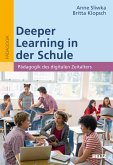This book provides a unique critical perspective on the importance of values to school culture. Drawing on research in Quaker schools in England, and the perspectives of students, it challenges the idea that school evaluation should be primarily based on measurable outcomes and argues that values matter more to learning than is often acknowledged. Furthermore, the book provides important insights on how to research schools that claim to hold similar values, from multi-academy chains to other so-called faith schools. Throughout the text, the author underscores the importance of values to students' dispositions, in order to engage with the learning opportunities their schools provide. He argues for seeing schools as places where equality, inclusiveness and mutual respect should be central, not only to help students understand our fragile, multicultural democracy, but also because these values open up the possibility of learners' increased engagement with curriculum knowledge.
Nigel Newton s long-awaited book, building on research from his PhD of 2014, provides insights for anyone involved in values and relationships education. I would recommend this book specifically to those interested in the connections between the relationships within school and the learning environments; the wellbeing of students in schools and also the impact that silent spaces within schools can have on learning. (ZOË K SIMMS, British Journal of Educational Studies, Vol. 73 (3), 2025)
The book serves as a bold experiment in applying ANT, inviting readers to engage with theatre and the world in a novel light, showcasing the productivity of this critical approach. (Germán Garrido, Associate Professor, City University of New York, Theatre Research International, Vol. 49 (3), 2024)
The book serves as a bold experiment in applying ANT, inviting readers to engage with theatre and the world in a novel light, showcasing the productivity of this critical approach. (Germán Garrido, Associate Professor, City University of New York, Theatre Research International, Vol. 49 (3), 2024)

